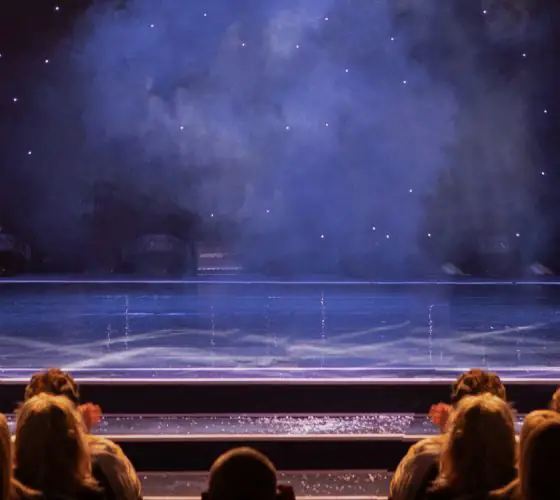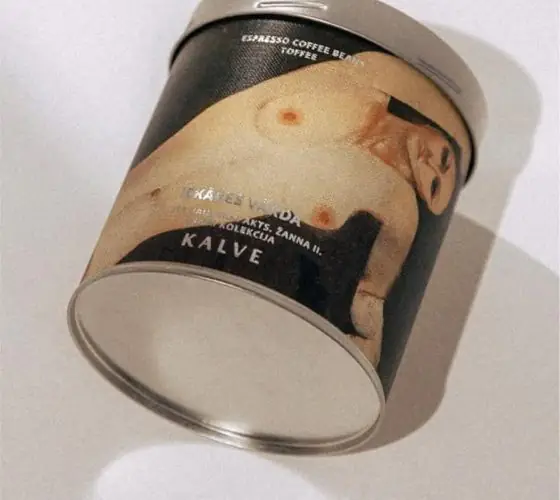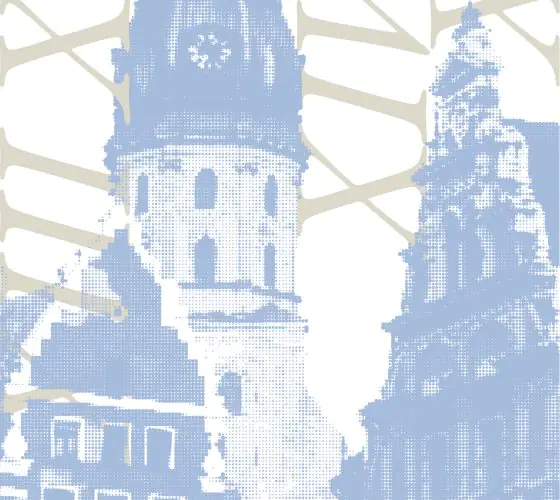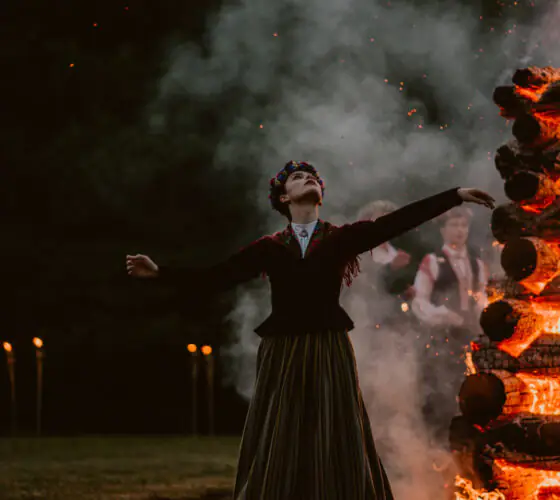
Since childhood, many of us have wondered about the meaning of our names, searching through books or online. Sophia—wise, Maria—beloved. We read descriptions and marveled: sometimes recognizing ourselves, other times feeling that they didn’t fit us at all. While universal interpretations of names often resemble horoscopes, Latvian traditions come from a much deeper past. Here’s the full story.
How Latvian Names Are Formed
Names in Latvia are a fascinating blend of local traditions, neighboring influences, and history. Let’s start from the beginning: in ancient times (before Christianization), ancestors had their own pagan names—often connected to nature, animals, seasons, or character traits. For example, Laimdota means “the one to whom luck is given,” and Ausma means “morning dawn.” Such names are still found today and are highly valued as “truly Latvian.”
Then came Christianity, bringing with it European names like Jānis, Pēteris, and Kristīne. However, Latvians adapted these names to their language: they added endings and made the pronunciation feel native. For instance, John became Jānis, and Peter became Pēteris.
This is also a grammatical feature: in forming Latvian names, endings are essential. Male names usually end in -s or -is, and female names typically end in -a. This pattern continued even during Soviet influence. More names of Russian origin appeared, and they too were adapted—for example, Nikolajs (from Nikolai). This adaptation is necessary because Latvian grammar declines names by case. Without an ending, it simply doesn’t work. Moreover, this is regulated by law.
How Names Are Regulated in Latvia
In Latvia, there is a commission under the State Language Centre that ensures names comply with official rules. This means that a name must have an ending suitable for grammatical declension, must not be offensive, and must adhere to spelling standards.
If parents want to give their child an unusual or foreign name, its spelling is adapted to Latvian orthography. For example, the name Kevin would be officially recorded as Kevins, and Emily as Emīlija. This helps preserve the integrity of the language. If a name does not meet the established norms, the commission may reject its registration.
Most Common Names in Latvia in 2024
Today in Latvia, parents choose names they like, regardless of their origin. The main requirement is that the names must fit the grammar rules of the Latvian language. In the ranking of boys’ names, those of European origin clearly dominate. However, all of them comply with the language rules and have the correct grammatical endings. Below, we present the ranking of the most popular names for 2024.

With female names, the story is more complex: here we see a mix of cultures, and the ranking even includes an old Latvian name—Dārta.

The name database shows that modern Latvian names are a harmony of traditions and freedom of choice. Although the ranking features more names of European origin, they are all adapted to the Latvian language and its grammar, preserving cultural identity. The inclusion of the name Darta in the ranking indicates that interest in roots and national uniqueness has not disappeared—it has simply become part of a broader, more diverse selection.
Famous People with Popular Names
If you set aside legal norms, linguistic rules, and cultural traditions, you’ll notice that in Latvia a name is most often chosen with the heart—because it sounds beautiful, evokes warm associations, or is connected to someone meaningful.

Anna Brigadere
A Latvian writer and playwright known for drawing on folk motifs in her work. She authored fairy-tale plays, satirical comedies, poems, and short stories—including Marē, The Mother-in-Law, and Victory.
Mark Rothko
An artist and leading figure of Abstract Expressionism, and one of the pioneers of Color Field painting.


Emilia Plater
A countess and revolutionary who took part in the Polish uprising of 1830, where she formed and led a guerrilla unit. The Polish-Belarusian poet Adam Mickiewicz dedicated to her the poem “Śmierć pułkownika” (“The Death of the Colonel”), which cemented her reputation as a symbol of patriotism, courage, and independence.






